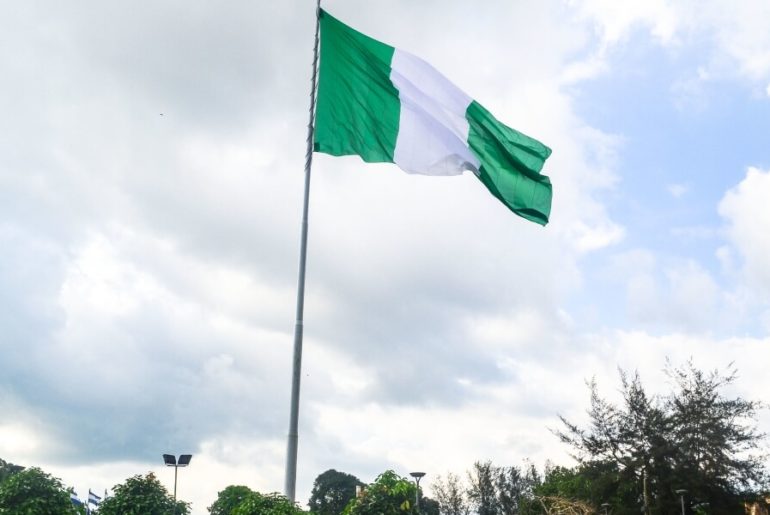“I have been struggling to raise our daughter alone,” Juliet Moses told the New York Times. “Why would Trump do this to us, after we have waited for nine years?”
Juliet is one of hundreds of thousands of people whose lives were thrown into disarray by the Trump Administration’s extension of the travel ban last week. Moses has been stuck with her daughter in the northern Nigerian city of Kaduna, waiting to reunite with her husband, Mika, and his extended family in Minnesota. They fled Nigeria in 1991 during religious riots for fear of persecution.
Nigerians, along with citizens of Sudan, Tanzania, and Eritrea, will no longer be able to apply for and obtain visas to live in the U.S. permanently. The travel ban now includes six additional countries, four of which are in Africa — including Nigeria, the continent’s largest economy. The administration claimed on January 31 that Nigeria had a “high terror risk” and cited its “failure to comply with security and information sharing requirements.”
Nearly 8,000 immigrant visas were issued to Nigerians in 2018, over half to immediate family members. Over 90 percent of those visas were granted to relatives of American citizens.
And, as if separating families and barring entry wasn’t troubling enough, the ban is likely to cause large-scale economic problems. In 2018 alone, Nigerian immigrants remitted $24 billion back to the country to support family members.
“Being cut off from the largest economy in the world systematically is problematic,” said Nonso Obikili, a Nigerian economist.
The Nigerian government announced last week that it had established a committee to deal with the new policy. Nigeria’s Foreign Affairs Minister Geoffrey Onyeama stated at a press conference last week that the country was “blindsided with the announcement of the visa restrictions.”
Immigration attorney Leila Mansouri has handled many cases that arose out of the travel bans enacted in 2017 for Iranians and Iranian-Americans. Mansouri says that she believes Nigerians who are already living in the U.S. will likely be able to naturalize, but leaving and attempting to re-enter the U.S. will probably be difficult. Justice attorney Nnennaya took to Twitter to dissect the discourse around the ban:
“Really annoyed that people keep countering the travel ban with “Nigeria being the most educated immigrant groups. Human beings deserve to travel and migrate. FULL STOP. Stop appealing to white supremacy. Literally the U.S. passport allows you to go anywhere in the world”

